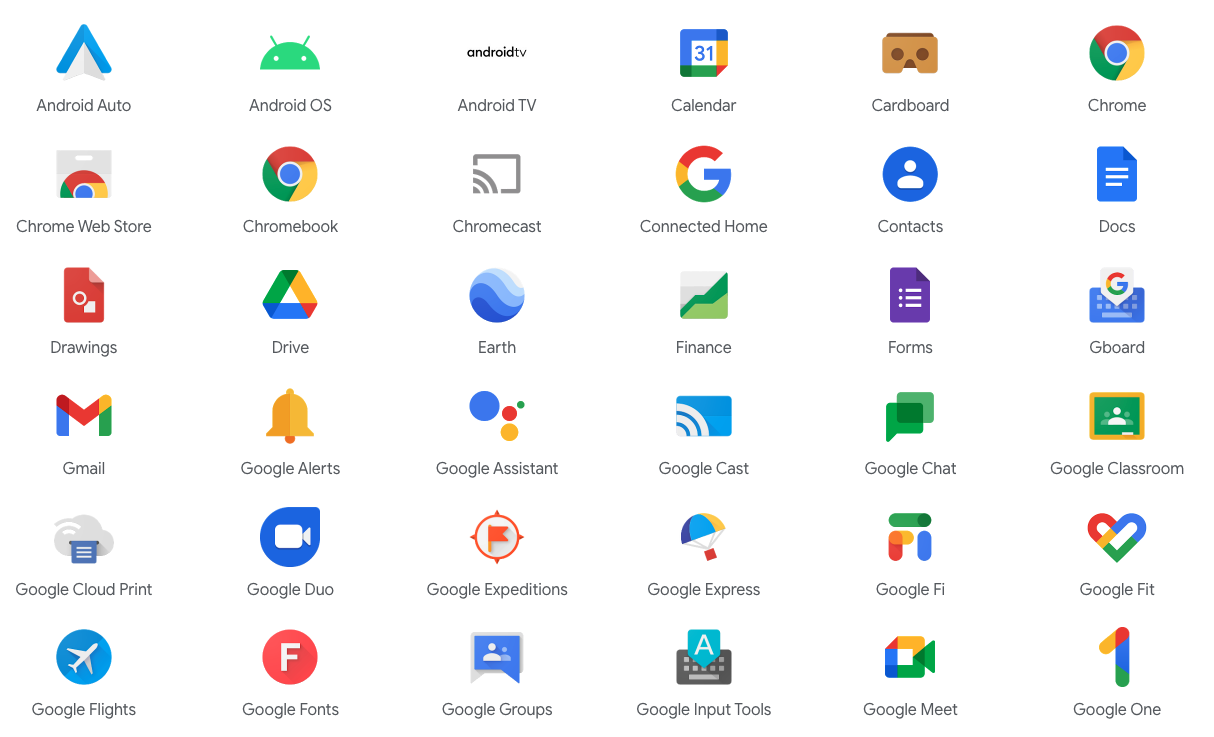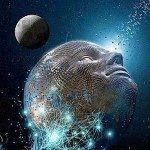
How many Google products and services do you use? Gmail, Google Drive, Google Maps, Google Chrome, YouTube, or an Android. The 10 most popular Google products are Google Search, Mail, Docs, Plus, Drive, Translate, Maps, AdWords, Play Store, and Google News. But Google is well beyond that. A year ago
Over 3 billion Google Searches per day. Over 1 billion YouTube users. Over 1 billion Gmail users. Over 1 billion Chrome users. Over 1 billion Maps users. Over 1 billion Google Photos users. Over 2 billion Android users. Over 1 billion Google Play Store users.
$1.726 trillion is market cap of Alphabet (Google), with 71% revenue coming from its ads, being actually a giant ads company. Google Ads (formerly Google AdWords) platform is where advertisers bid to display brief advertisements, service offerings, product listings, or videos to web users.
Google's mission is to organize the world's information and make it universally accessible and useful. And its Search Engine is supposed to make it easy to discover a broad range of information from a wide variety of sources.
In all, Google occupies a 91.45% market share of the global search engine market.
How dull, dumb and deficient Google Search Engine, one might found while searching for a new topic on Google MUM AI Search Engine replacing its last one, BERT. Instead, it retrieves you a Google Mumbai SEPR with its paraphernalia.
Google is lacking a comprehensive model of the world, with all its entities, substances, states, changes and relationships, underlying the world's data/information/knowledge.
Google's poor conceptions of entities or topics, things and relationships, revolving around the schema.org types, are key obstacles to make its digital information services really intelligent.
What's fundamentally wrong with Google's entity?
Entities matter because, at their core, they are the world. Humans and machines understand everything around in the terms of entities and their relationships. This is how developed intelligence, human or machine, tends to think.
Ontology is the science of entities and relationships, where the maximum entity is everything, the universe, and the minimum entity is nothing.
An ontic entity is something that exists as itself and by itself, as a subject or as an object, actually or potentially, concretely or abstractly, physically, socially, mentally or virtually. As it is in computer science, "an entity is an object that has an identity, which is independent of the changes of its attributes".
It is easily confusing entities with states, changes, processes, space or time, with all the heavy consequences.
Defining what an entity is, it is to decide all your further science and technology, business and policy.
If you wrongly define the foundational concept, all your heavy constructions are doomed to fail.
Here is an example of Google, its search engine and knowledge graph panels.
Entities matter for Google's ML search because, at their core, they are the world's information...
Resources
What's fundamentally wrong with Google, or why Alphabet fails with intelligent services...





Оценили 0 человек
0 кармы